Interpersonal Conflict by William W. Wilmot and Joyce L. Hocker
Interpersonal Conflict by William W. Wilmot and Joyce L. Hocker is an authoritative resource designed to help students and professionals navigate and resolve conflicts in interpersonal relationships. In its student edition, this book blends theoretical concepts with practical tools to understand the nature of conflict and the techniques to manage and resolve it effectively. Updated to reflect contemporary communication dynamics, the book serves as a comprehensive guide for readers seeking to enhance their conflict resolution skills in personal, academic, and professional settings.
About the Authors:
- William W. Wilmot, a professor and expert in communication studies, has dedicated his career to understanding the dynamics of interpersonal communication and conflict management. With his extensive teaching experience and research background, Wilmot brings a wealth of knowledge and practical insights to the field, making his work a valuable resource for students and practitioners alike.
- Joyce L. Hocker is a respected scholar and practitioner specializing in interpersonal communication and conflict resolution. Her contributions to the book are rooted in her extensive experience in counseling, teaching, and mediating conflicts. Hocker’s ability to bridge theory and practice enhances the book’s accessibility and relevance.
Overview of the Book:
Interpersonal Conflict delves into the intricate dynamics of human relationships, exploring how conflicts arise and how they can be effectively managed. The book provides readers with a robust framework for understanding conflict, emphasizing the importance of communication in identifying and resolving disputes.
The authors approach conflict as a natural and inevitable part of interpersonal relationships, focusing on its potential for growth and understanding when managed constructively. The text encourages readers to adopt a proactive mindset, equipping them with tools to approach conflict situations with confidence and skill.
Key Features and Highlights:
- Comprehensive Framework for Understanding Conflict:
The book begins by defining conflict and examining its key components, such as communication patterns, emotions, and perceptions. It explains how misunderstandings, differing goals, and power dynamics contribute to conflict, providing readers with a solid foundation for analyzing disputes. - Conflict Styles and Strategies:
A major focus of the book is on the different conflict styles people adopt, including avoidance, accommodation, competition, compromise, and collaboration. The authors explore the strengths and limitations of each style, helping readers recognize their own tendencies and develop more effective strategies. - Communication Skills for Conflict Resolution:
Effective communication is at the heart of conflict resolution. The book emphasizes active listening, empathy, and assertiveness as key skills for managing conflict. Readers are encouraged to practice clear, respectful communication to promote understanding and resolution. - Role of Emotions in Conflict:
Emotions play a critical role in conflict, and the authors provide strategies for managing emotional responses constructively. The book discusses the importance of self-awareness and emotional regulation in maintaining productive dialogues during disputes. - Real-World Applications and Case Studies:
Through real-world examples and case studies, the book illustrates how conflicts unfold in various contexts, such as family, friendships, workplaces, and academic environments. These examples help readers apply theoretical concepts to practical situations. - Focus on Cultural and Contextual Factors:
The book acknowledges the impact of cultural differences and social contexts on conflict. It offers guidance on navigating cross-cultural conflicts and adapting conflict resolution techniques to diverse situations. - Exercises and Discussion Questions:
To enhance learning, the book includes exercises, reflection questions, and activities that encourage readers to think critically about their own conflict experiences and practice the skills discussed in the text.
Why Choose This Book:
Interpersonal Conflict is an essential resource for students studying communication, psychology, or related disciplines, as well as professionals seeking to improve their interpersonal skills. The book’s accessible language, practical examples, and actionable strategies make it a valuable guide for understanding and managing conflict effectively.
Conclusion:
William W. Wilmot and Joyce L. Hocker’s Interpersonal Conflict offers a balanced blend of theory and practice, equipping readers with the tools to approach interpersonal disputes with confidence and skill. By fostering self-awareness and teaching essential communication techniques, the book helps readers transform conflict into opportunities for growth and understanding. Whether used as a textbook or a professional reference, this book is a vital resource for navigating the complexities of human relationships.
you may like .https://natashabookstore.com/books/essentials-of-economics-hardcover/




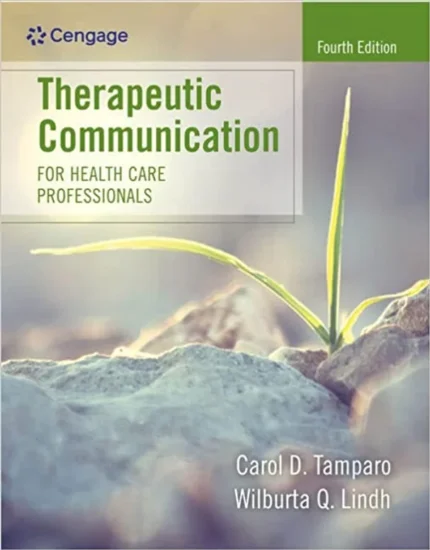
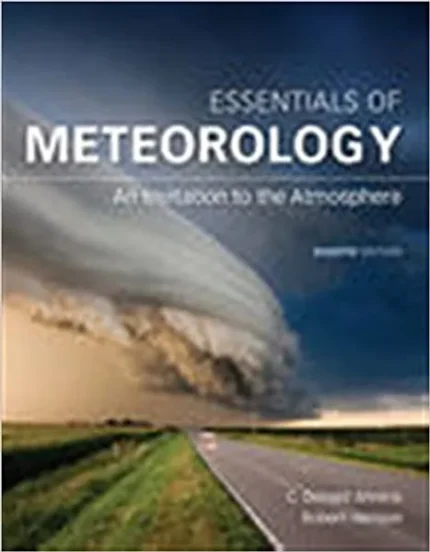



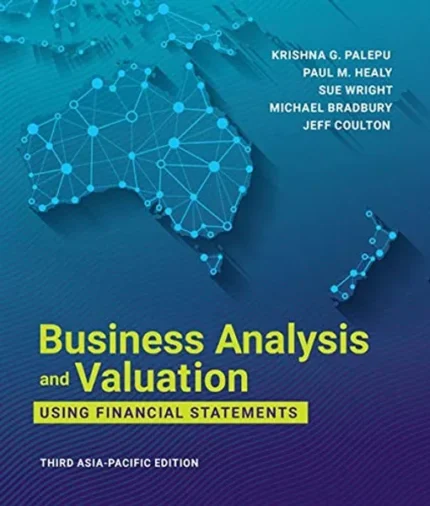
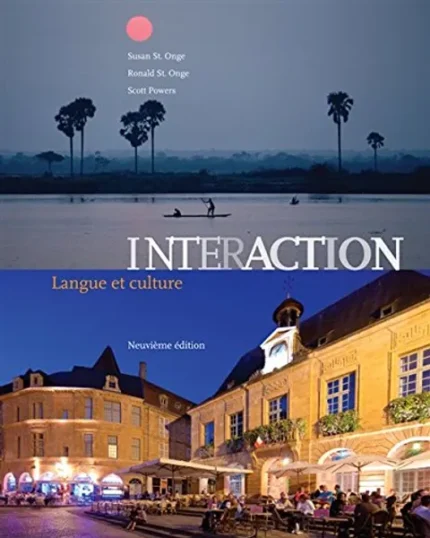
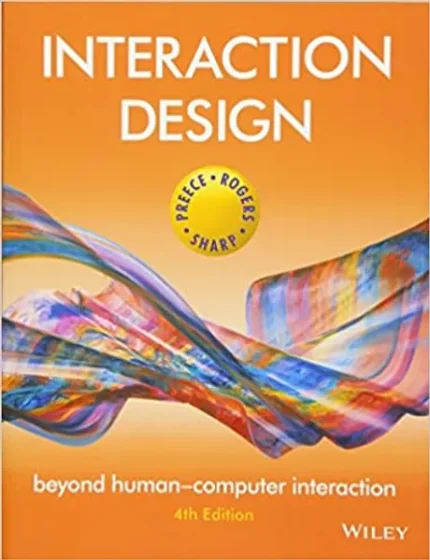

Reviews
There are no reviews yet.